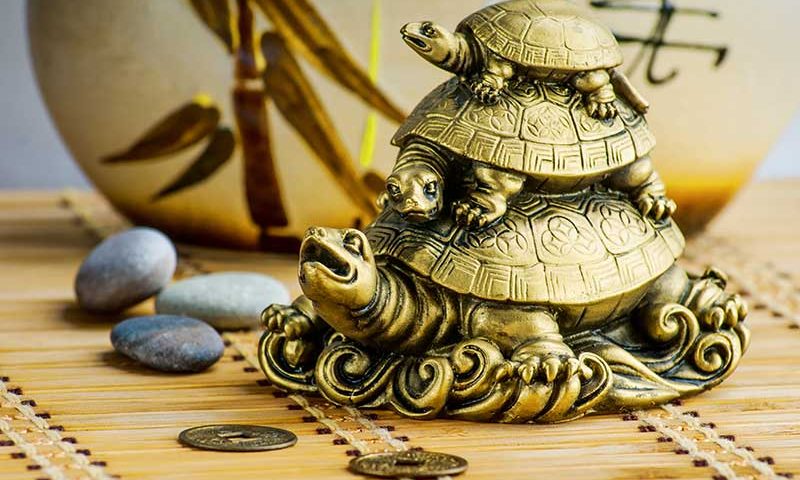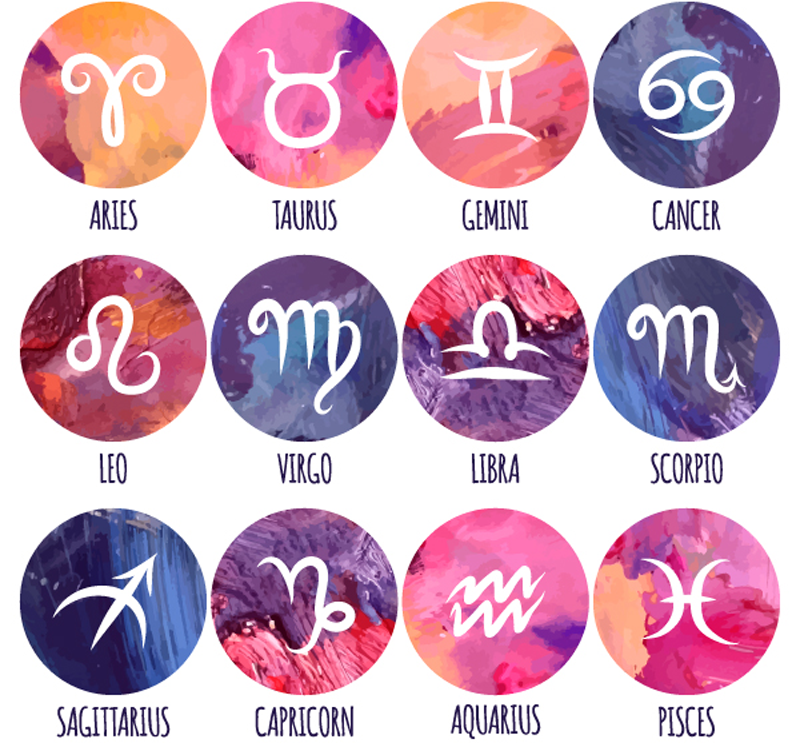
Can Yoga Improve Self Confidence?
August 18, 2017
Cotton clothing for your yoga class
August 24, 2017What is Feng Shui and elements it uses to positively charge your home

Tools Used in Feng Shui to Energize your Space | Ana Heart Blog
Feng Shui, or “Fengshui” as it is sometimes referred to, is a Chinese system with the purpose of harmonizing people with their surroundings. Translating from Chinese to English as “wind” and “water”, the ancient art dates back more than 3,000 years to Taoism. Feng Shui is believed to have been shaped by traditions that have been passed down from generation to generation; although the philosophy behind it is complicated and in-depth, the underlying principle encourages good fortune by embracing the elements.
The basis of Feng Shui is formed upon the belief that energy or “chi” flows through space, making people question the overall layout and positioning of their surroundings including their homes, workplaces, and gardens. The practice discusses architecture in terms of “invisible forces” known as “qi”, believed by the Chinese to bind the universe, humanity, and earth together as one. Benefits including good health, a successful career, and overall life fulfillment, are all things that the Chinese believe will fall upon you if you adhere to the principles of Feng Shui. Chinese architects have designed buildings with the principles of Feng Shui in mind for centuries, and still to this day, in China, the basics of the ancient art continue to play an important role. In more recent years, thousands of people across Europe and America have also come to realize the magic Feng Shui can bring, embracing the use of positive energies around their homes.
Tools used in Feng Shui
Understanding the fundamental teachings and principles of Feng Shui is the first and most important step to understanding Feng Shui. The theories of Ying & Yang, as well as the five Feng Shui elements, are just a couple of the things that the art teaches. Certain tools will also be needed to fully embrace Feng Shui, too.
The Bagua
the Bagua is a segmented octagon containing eight symbols, explained simply as a compass that covers the key areas you should create in the home. The different points of the Bagua Include:
Career (North)
Spiritual Growth (North Ease)
Health (East)
Money (South East)
Fame (South)
Love & Marriage (South West)
Creativity (West)
Helpful People (North West)
Following the above guidelines for the different areas of your home will ensure a good base on which to build great Feng Shui, ultimately resulting in prosperity and good health.
Luo-Pan
Typically only used by Chinese traditionalists and architects, the Luo-Pan is a more extensive form of compass. Bowl like in appearance, the compass includes many rings revealing further information about a certain living space. In most circumstances, a basic understanding of the Bagua is adequate to create good Feng Shui in the home, but if gain a more in-depth knowledge is something that interests you, then a Luo-Pan can be useful.
How to Create Good Feng Shui in Your Home
If you happen to be wondering what Feng Shui is, then it’s more than likely you’re considering ways to embrace the practice in your home, ultimately hoping to achieve happiness and prosperity. Although a full understanding of Feng Shui takes years of dedication and research, there are many simple ways the home and workplace can be adapted to enhance its Feng Shui, including:
Embrace Minimalism
Decluttering is the first step to achieving good Feng Shui in the home. It’s most likely that things you do not use frequently happen to be things you don’t need; decluttering your home by clearing out these un-used possessions, will not only improve your standard of living but will also help give an uninterrupted path to the energy in the home.
Improve Air Quality
An essential to good Feng Shui in your home is clean air. Air-purifying plants such as spider plants and peace lilies can really help to keep the air fresh, and the energy pure. Allowing clean air to flow through your home daily by opening the windows is another important practice to consider. As well as allowing the clean air to flow through the home, bring the clean, pure air into the lungs through a low-intensity activity such as yoga can be great for the body and mind. So, grab that yoga mat, and get to work!
More Natural Light
Opening your blinds and curtains to allow in natural light is not only aesthetically pleasing in the home but is also great for Feng Shui.
Don’t Forget the Bagua
Keeping the Bagua to hand, ensuring that you can define the energy map of your home, is of great importance. Having different areas for varying purposes including a career space, health space etc. is something that the Bagua greatly encourages.
Remember the Five Feng Shui Elements
Embracing the five Feng Shui elements is a must if you are hoping for a home with balanced energy and good Feng Shui. Adding wooden items to the south-east of your home is believed to improve health, whereas adding fire elements to the south is thought to bring fame and recognition. Something as simple as painting the room at the south-east of your home in a warm toned red or orange can be classed as a fire element.
Build on your Birth Element
If you’re hoping to improve Feng Shui in the home, finding out your birth element and enhancing areas in your home to support it can work wonders. For example, if your birth element is water, adding decorative features such as a water fountain or fish tank can be beneficial, or even just an act as simple as adding tones of blue and green to the home throughout various rooms.
Whether you’re interested in completely transforming your life using Feng Shui, or simply looking to give yourself the best chance of future success, Feng Shui is a wonderful practice to learn and embrace, that is not only believed to bring positive energies to the home, but will also encourage you to live a simpler, clutter-free life. Implanting all the above Feng Shui changes in the home immediately may seem daunting, so why not try embracing each step gradually, slowly beginning to identify different areas and elements in your home so you are able to work towards a better future. With the belief that the art has the potential to benefit your career, finances, health, and relationships, Feng Shui can make you feel as though anything is possible.

